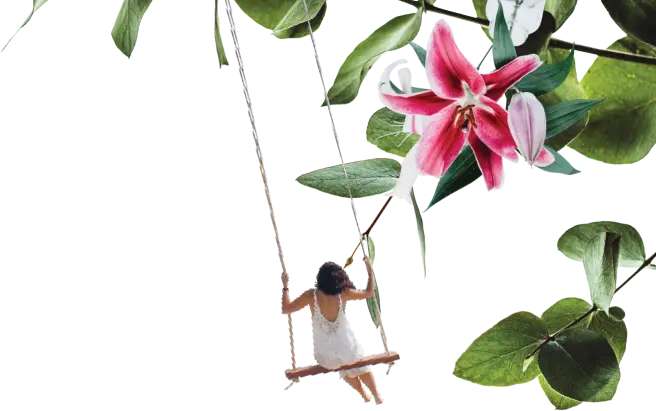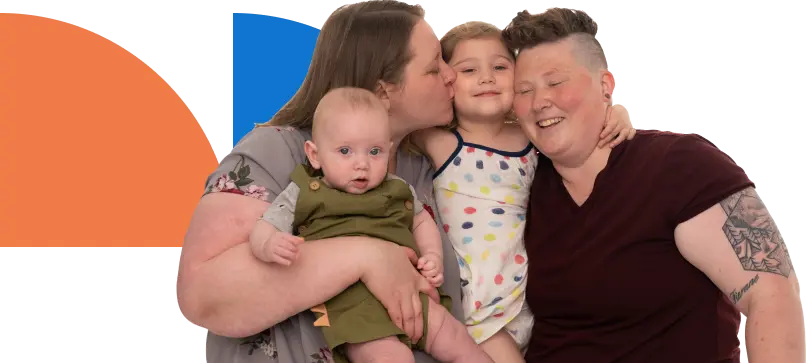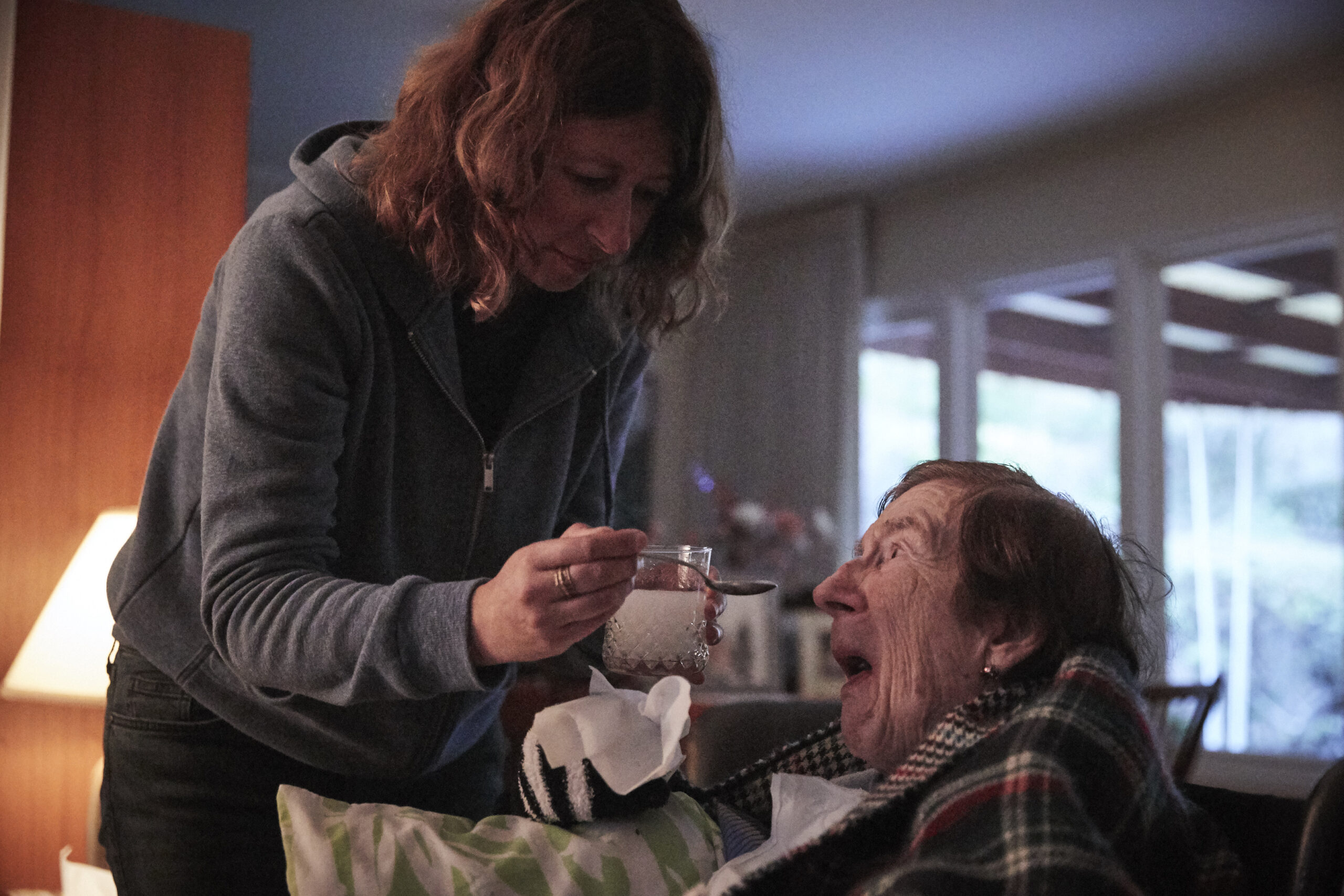
Shaista Kazmi is a family caregiver from West Bloomfield, Michigan. She’s experienced the isolation and guilt of caregiving, as well as the struggle to find in-home help her family could afford. Additionally, as a Pakistani Muslim immigrant, she also had the added challenge of finding culturally competent help. So, drawing on the resilience caregiving brought out in her, she started her own in-home caregiving agency and oriented it towards quality, affordable, culturally competent care.
“Finding adequate help for my family was difficult and isolating. I often wondered, “Am I the only person going through this?” I had a terrible first couple of years. We are Pakistani Muslims, and it was impossible to find affordable, culturally and religiously competent care. I remember thinking, I am never going to let anyone else feel this level of despair and isolation.”
There was never one dramatic thing that happened to my dad that resulted in him needing care. It was gradual. However, given my medical background, once we came to learn of his terrible neurological condition called “shy drager syndrome,” I already knew he would worsen rapidly.
While he does not encompass all of the Parkinson’s traits, his condition is a debilitating one. I can no longer go to him for advice because he cannot speak, and seeing him deteriorate is both heart wrenching and heartbreaking. But taking care of my father has never felt like a burden, or even a responsibility. It is just the natural progression of things.
I have been taking care my father and mother-in-law for ten years. When I began my journey as a caregiver, I wish I had known that it was okay to say no. I can’t do everything. Over time I learned to not beat myself up about it. I am not everything to everybody. I have small children, and they are also my priority, so once my kids come home from school I focus on them. At first, I felt like I was literally being pulled apart as I was managing care for my father, my mother-in-law, and managing my own household.
Finding adequate help for my family was difficult and isolating. I often wondered, “Am I the only person going through this?” I had a terrible first couple of years. We are Pakistani Muslims, and it was impossible to find affordable, culturally and religiously competent care. I remember thinking, I am never going to let anyone else feel this level of despair and isolation.
In 2014, I started a homecare company called Apnaghar that specializes in care for Detroit’s South East Asian community and other elderly ethnic minorities. We deliberately priced our services well below the national average so that families could afford us. We employ victims of domestic violence, recent refugees, and low-income people and now have over 50 clients and four locations nationwide. Generally, people want to age at home, and our company helps prevent families from going through the same agony we endured in finding competent care while also employing the ‘least amongst us’ in our community.
I have never been politically involved, but the process of becoming a caregiver and starting my own in-home care business makes me want to advocate for seniors and spread the word that elderly ethnic minorities do need care, and the care we need is unique.
Follow the stories and experiences of Shaista and others and join in the conversations about how we create community and break the isolation of caregivers on our Facebook page and on Twitter using the hashtags #WeKnowYouCare and #NationalCaregiversMonth.
November 1 — Leighann Gillis
November 2 — Claire Unsinn
November 3 — Lee Giles
November 4 — Skip Worchester
November 5 — Debbie Borque
November 6 — Miri Lyons
November 16 — Aisha Adkins
November 20 — Heather Bolden
November 26 — Jeffery Kearney


